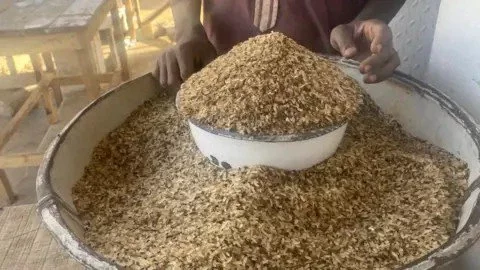
As the cost of living in Nigeria continues to soar, many citizens in the northern region are resorting to a unique solution to combat hunger: 'throw-away' rice. Known locally as afafata, which translates to "battling" in Hausa, this type of rice comprises grains that millers typically reject after processing.
These grains, often broken, dirty, and tough, were once discarded or sold to farmers for fish feed. However, the harsh economic climate has transformed afafata into a sought-after commodity for human consumption.
The economic crunch and the rise of afafata
Nigeria is grappling with its fastest rate of inflation in nearly three decades. The recent decisions by President Bola Tinubu, such as the cancellation of the fuel subsidy and the devaluation of the naira, have exacerbated the situation.
As a result, the price of a standard 50kg bag of rice has skyrocketed by more than 70% since mid-last year, making it unaffordable for the majority of Nigerian households.
In response to this crisis, afafata has emerged as a lifeline for many families. Despite its inferior quality and the effort required to make it edible, its lower price point has made it a viable option for those struggling to afford traditional rice.
In Kano, one of the northern cities hit hardest by inflation, a bowl of normal rice now costs around 4,000 naira ($2.70), while afafata is priced at 2,500 naira ($1.69). This price difference is significant for families trying to make ends meet.
Market dynamics and government response
The shift in consumer preference towards afafata is evident in local markets. Saminu Uba, a seller in Kano's Medile market, has noticed an increase in demand for this type of rice. "Most people can no longer afford normal rice," he explains, "so they come for this, which is cheaper, even though it tastes less good." The situation has forced families to adapt, with many spending hours cleaning the rice of stones and dirt before cooking.
The Nigerian government has acknowledged the issue and is attempting to address it
by distributing over 100 tonnes of grains, including rice, millet, and maize, to help cushion the effects of inflation. However, these efforts have been met with skepticism, as the cost of living continues to rise.
The ban on rice importation by President Tinubu's predecessor, Muhammadu Buhari, aimed to boost local production but failed to meet demand, leading to the current crisis.


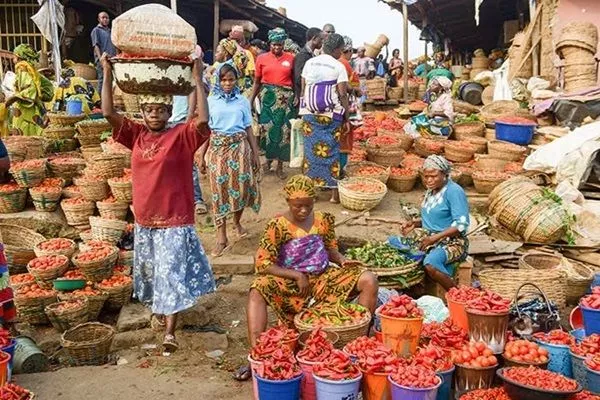
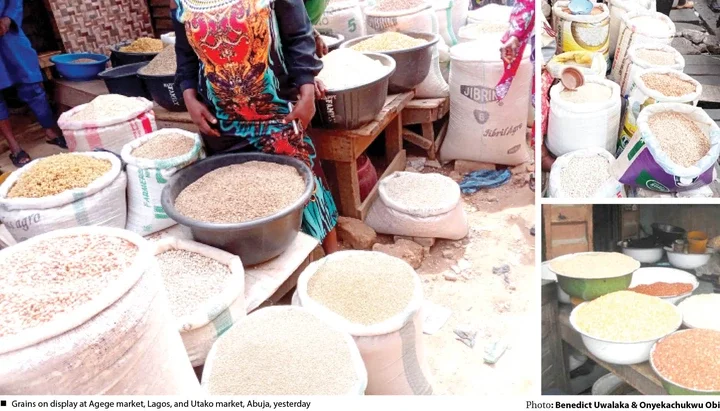
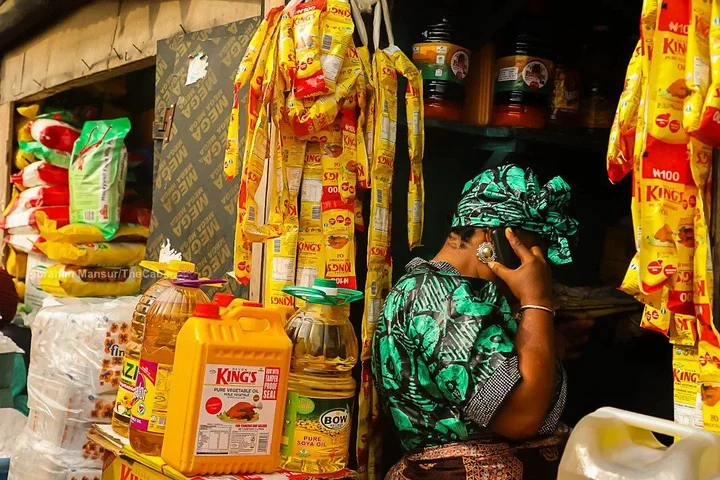
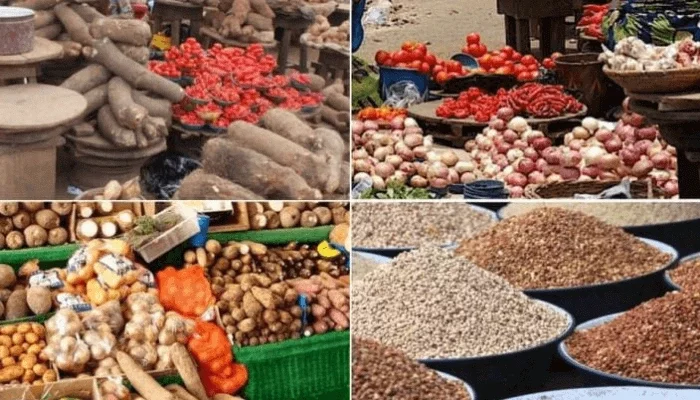
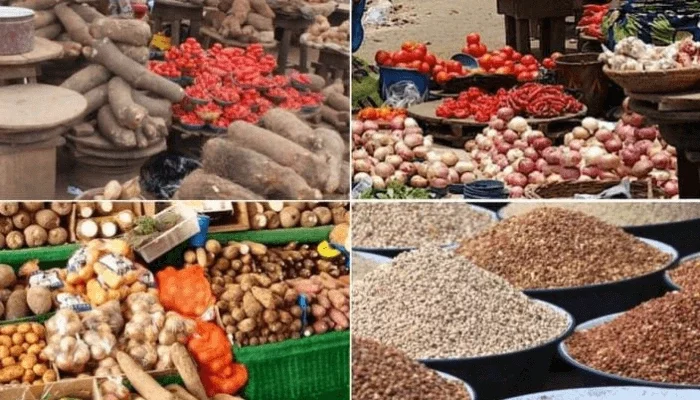











Comments